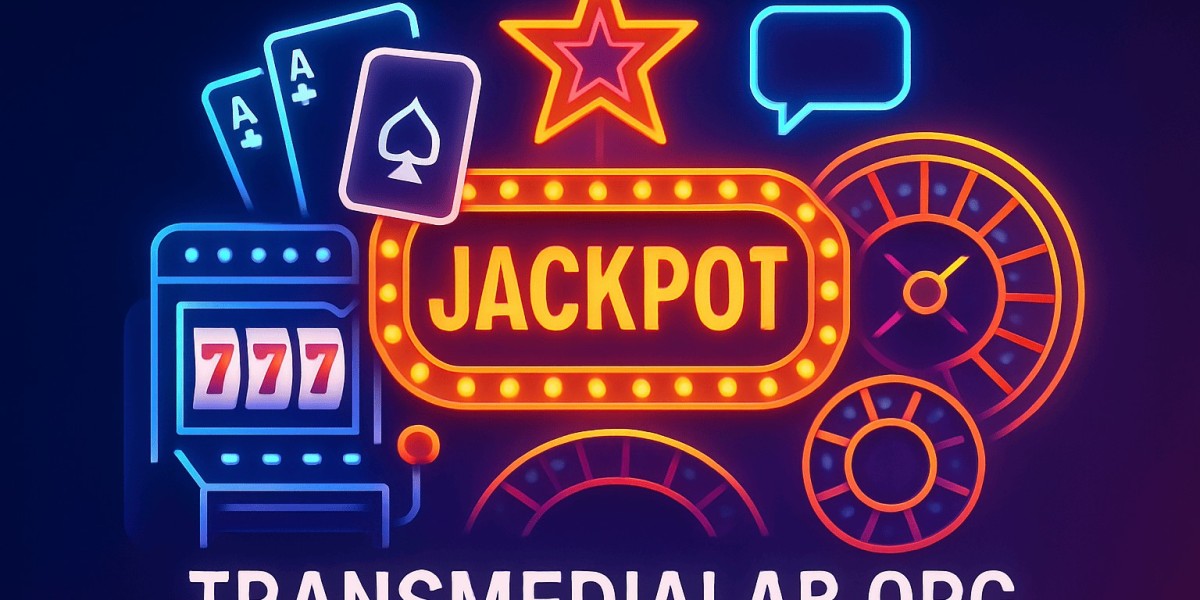How to Buy a Motorcycle License: A Comprehensive Guide
Motorcycling is not simply a mode of transport but likewise an exhilarating pastime for lots of. However, before you can rev your engine and hit the roadway, you should acquire a motorcycle license. This guide intends to supply comprehensive information on the process of purchasing a motorbike license, ensuring that prospective riders have a clear understanding of the requirements, actions, and regularly asked concerns.
Comprehending the Basics
A motorbike license, also called a bike endorsement, is an unique designation on your driver's license that enables you to legally run a motorcycle on public roads. The process of getting this recommendation differs by state or nation, but normally includes a mix of written tests, useful training, and road tests.
Step-by-Step Process to Obtain a Motorcycle License
Research Your State's Requirements
- Each state or country has its own set of regulations and requirements for motorbike licensing. Start by visiting your local Department of Motor Vehicles (DMV) or comparable company's site to gather particular details.
- Keep in mind the age requirements, charges, and any necessary paperwork.
Study the Motorcycle Manual
- The DMV or equivalent company typically offers a motorcycle handbook that covers essential information such as traffic laws, safe riding practices, and motorcycle-specific rules.
- Acquaint yourself with the manual to prepare for the written test.
Take a Motorcycle Safety Course
- Lots of states need or highly recommend that you finish a fundamental bike safety course before getting a license.
- These courses, frequently provided by companies like the Motorcycle Safety Foundation (MSF), teach you the principles of bike riding, including braking, turning, and emergency situation maneuvers.
- Finishing the course can also qualify you for a waiver on the useful riding test and might provide discount rates on insurance.
Look for a Learner's Permit
- Visit your local DMV or use their online portal to apply for a learner's license.
- You will require to pass a written test that covers traffic laws and safe riding practices.
- The learner's permit generally allows you to ride a motorcycle under specific restrictions, such as being accompanied by a certified rider or not riding during the night.
Practice Riding
- Once you have your learner's license, practice riding under the assistance of a knowledgeable motorcyclist or a certified instructor.
- Concentrate on developing your skills in a safe environment, such as a parking lot or a quiet street.
- Practice different riding circumstances, consisting of beginning and stopping, turning, and navigating through traffic.
Arrange and Take the Road Test
- Once you feel positive in your riding capabilities, schedule your roadway test with the DMV.
- Throughout the test, you will be assessed on your ability to safely run a motorbike, navigate various traffic scenarios, and follow traffic laws.
- If you fail, you can generally retake the test after a specific period.
Get Your Motorcycle License
- After passing the road test, you will receive your motorcycle license. This recommendation will be included to your driver's license.
- You can now lawfully ride a bike on public roadways, based on any extra limitations that might apply.
Additional Considerations
Insurance coverage and Registration:
- Before riding, fuhrerschein kaufen ensure your bike is correctly guaranteed and registered. Most states require a minimum level of liability insurance.
- Examine with your insurance coverage supplier to comprehend the expenses and protection options.
Security Gear:
- Invest in premium safety gear, consisting of a DOT-approved helmet, protective gloves, sturdy boots, and a durable coat.
- Helmets are mandatory in many states and are essential for your security.
Continued Education:
- Even after acquiring your license, consider taking innovative riding courses to improve your abilities and remain up-to-date with the most recent security practices.
Regularly Asked Questions (FAQs)
Q1: How long does it require to get a motorcycle license?
- The time can differ depending upon your state's requirements and your personal speed. Typically, the process can take a couple of weeks to a few months. Factors include the accessibility of security courses, scheduling of the roadway test, and how rapidly you build your riding skills.
Q2: Do I require a car license to get a motorcycle license?
- Yes, in the majority of states, you require to have a legitimate driver's license before you can get a motorcycle endorsement. The particular type of license required may vary, so inspect your state's policies.
Q3: Can I take the road test on my own motorbike?
- In lots of states, you can take the roadway test on your own motorbike, offered it meets all safety and registration requirements. Some states might require you to utilize a DMV-provided motorbike. Inspect your local DMV's site for information.
Q4: What is the expense of obtaining a bike license?
- Costs vary by state but usually consist of costs for the student's license, the composed test, the road test, and the motorcycle security course. Extra expenditures may consist of the cost of security equipment and insurance coverage.
Q5: What occurs if I fail the road test?
- If you fail the roadway test, you will typically require to schedule a retake after a specified duration. Some states may permit you to retake the test instantly, while others require a waiting duration. Practice the areas where you struggled and come back better prepared.
Q6: Are there different classes of motorbike licenses?
- Yes, some states provide various classes of bike licenses based upon the type of motorbike you mean to ride. For example, Class M1 may be for routine motorbikes, while Class M2 might be for mopeds or scooters. Examine your state's regulations to figure out which class you need.
Q7: How old do I require to be to get a motorbike license?

- The minimum age to obtain a bike license differs by state. In lots of states, you can apply for a learner's license at 16 and a complete motorbike license at 18. However, some states have various age requirements, so always confirm with your regional DMV.
Q8: Can I get a bike license online?
- No, you can not acquire a motorcycle license completely online. While you can study the manual and finish some initial steps online, you will require to go to a DMV office to take the composed and roadway tests and get your license.
Q9: What should I do if I relocate to a new state?
- If you relocate to a new state, you will likely need to move your bike license or get a new one. Inspect the specific requirements of your new state, as you might require to take extra tests or finish a security course.
Q10: Are there any constraints on my motorbike license?
- Yes, some states position limitations on new bike license holders, such as not riding in the evening or not bring travelers for a specific period. These limitations are designed to help brand-new riders gain experience securely.
Acquiring a motorbike license is an uncomplicated procedure that requires commitment, study, and practice. By following the actions detailed in this guide, prospective riders can guarantee they are well-prepared and meet all the required requirements. Remember, security is vital, so invest in proper training and security gear. With a valid motorcycle license, you can enjoy the freedom and enjoyment of riding while staying safe and legal on the road.
Extra Resources
- Motorbike Safety Foundation (MSF): msf-usa. org
- Department of Motor Vehicles (DMV): [yourstate.dmv.gov]
- Insurance coverage Providers: Check with your regional insurance business for motorbike insurance coverage options and discount rates.









